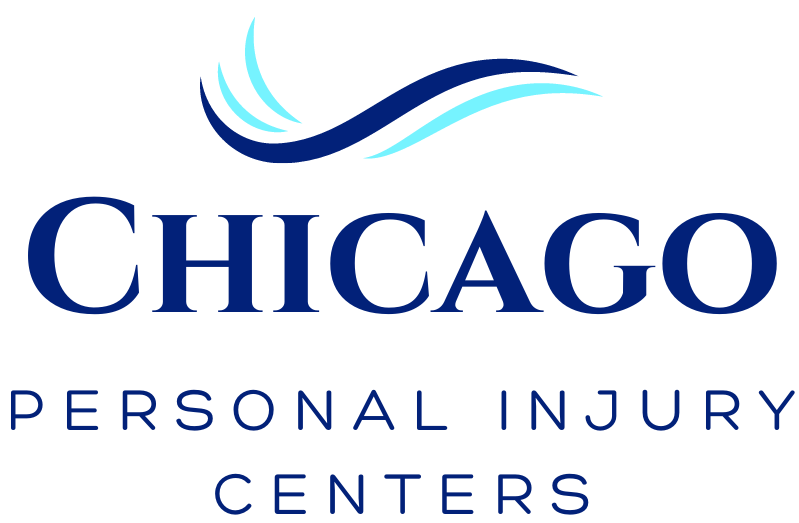Accidents can cause complex injuries that cause lingering, debilitating pain that adversely affects your quality of life. Even low-impact accidents that seem to cause benign injuries at first glance might cause extensive internal injuries with enormous ramifications for the rest of your life.
As such, if you face such a situation, you need a focused and personalized approach to your pain management to reduce the effect pain has on your life while improving your quality of life.
The foundation of effective pain management is effective pain assessment. Effective assessment of your pain helps our professional personal injury treatment personnel understand the source of pain and how it affects your daily routine and your physical and mental health.
What Are the 4 P’s of Assessment?
At Chicago Personal Injury Centers, we use the Four P’s of pain assessment. The mnemonic for pain assessment contains:
Pain
The first “P” focuses on the actual pain. It involves understanding the type of pain (is it dull, sharp, or throbbing), its source location, its intensity on the visual analog scale (VAS), timing, possible pathological cause, and possible pain mechanism.
Past Medical History/ Other Pathologies (Comorbidities)
The second “P” focuses on identifying the medical history of the patients. Identifying comorbidities will help the pain management specialist to develop an effective plan that does not affect other aspects of your health. To this end, we learn about past injuries, chronic conditions, and medications you’re using.
Performance/Function
At this stage of the assessment, we find out how much and when the pain affects your daily routine. Does the pain affect your daily tasks? Does it affect your sleep? Does it negatively impact your mobility? We also find out if you’re experiencing fear avoidance and poor pacing.
Psychological/Psychiatric Status
Finally, we assess the psychological impact the pain has on our patients. Has the pain and the experience of getting injured altered your mood? Do you exhibit symptoms of depression, anxiety, and post-traumatic stress disorder?
With a proper assessment of your pain using the Four P’s of pain assessment, our experts turn to the Four P’s of pain management. At this stage, we develop a pain management plan that is personalized to your pain, lifestyle, age, and other personal considerations.
The Four P’s of Pain Management for Accident-Related Injuries
The Four P’s of pain management focus on treating the pain as well as managing the pain in the long run and improving the functionality of the patient. In most cases, the long-term elimination of chronic pain is usually infeasible over a short period of time.
As such, we use a comprehensive pain management strategy guided by Four P’s:
Physical
The physical part of the pain treatment involves doing guided physical activities to help improve a patient’s range of motion and mobility and, importantly, reduce pain. To this end, our pain management physiotherapist uses a combination of exercises and stretching.
Importantly, we also provide comprehensive education on the types of exercises and stretching you should do at home to continuously improve your condition.
Psychological
The second “P” focuses on your mental well-being. We use tools such as pain education, anxiety and stress management, exercise and physical therapy, and massage therapy treatments to improve your mental health regarding how your injuries and the pain you experience.
CPIC is staffed by skilled physicians who are experienced in working with patients dealing with chronic pain caused by accidents. We understand that chronic pain can cause immense mental health issues. We want to find what works for each patient and utilize every option at our disposal.
Pharmaceutical
This aspect of the Four P’s deals with pain management medication. The pain management specialist continuously optimizes pain medication depending on the pain mechanism. Whether you’re experiencing pain due to inflammation or neuropathic pain, we choose the right medication for your chronic pain and optimize the dosage as well.
Procedure
Also referred to as intervention, it deals with using any procedures that are helpful to individual patients. Having understood the pain and its effects during the assessment stage, our pain management specialists may recommend you undertake or undergo a specific procedure as part of your personalized care.
This may be local anesthetic or corticosteroid injections, arthroscopy operation, joint replacement, or spinal operation, depending on the affected part of the body or source of pain.
For Successful Pain Management, Call Chicago Personal Injury Centers Today
Persistent pain is classified as chronic illness and needs a comprehensive treatment plan that incorporates exercises, therapies, medication, and hands-on treatments. At Chicago Personal Injury Centers, we focus on effective pain management with long-term viability.
As such, we ensure the pain management treatment plan is not only effective in the short term, it will help our patients reduce minimize, and treat chronic pain in the long term.
Contact us today and start your journey towards a healthy life. Call us today (773) 482-5800 to schedule an appointment with one of our skilled physicians.

